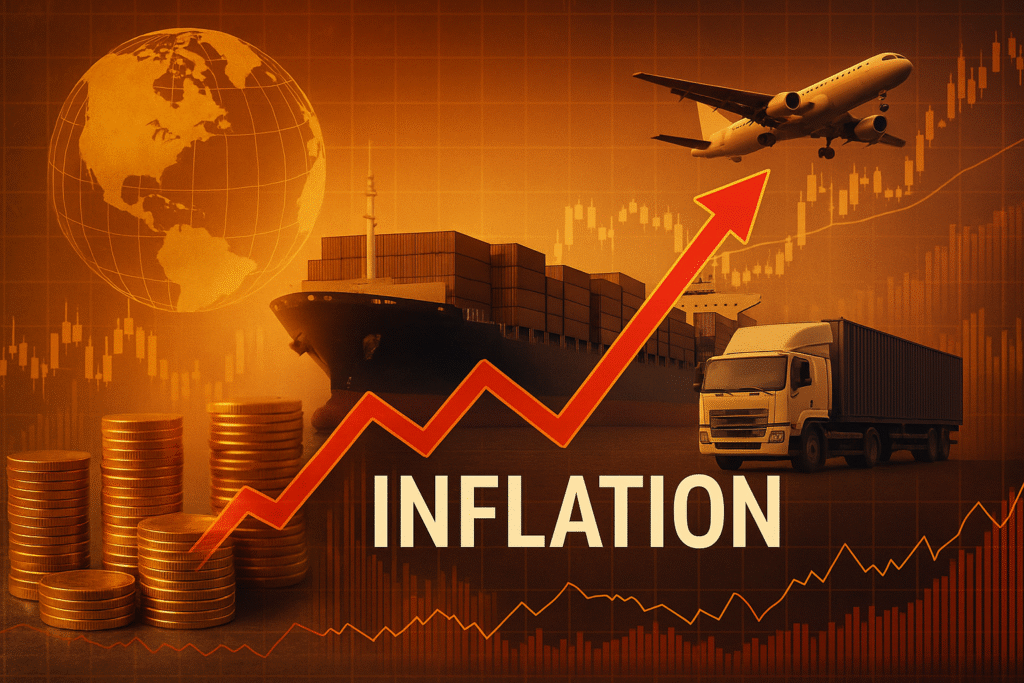Inflationary trends shaping trade in 2025
Global inflation continues to be a defining factor for import costs in 2025, influencing pricing strategies and trade flows worldwide. Importers face increased expenses due to persistent inflationary pressures that raise the cost of commodities, energy, and financing. These shifts affect landed costs and reduce predictability for companies dependent on foreign suppliers.
Currency fluctuations and their effects
Exchange rate volatility compounds the effect of global inflation. Importers in countries with weaker currencies experience amplified cost increases, as imported goods become more expensive even when global prices stabilize. Conversely, stronger currencies may soften inflationary effects, but they also generate uneven competition in global markets. This divergence makes currency management and hedging strategies central to controlling import costs.
Sectoral impacts of inflation on imports
Different sectors feel the impact of global inflation unevenly. Energy-intensive industries face higher import bills as fuel-related costs increase shipping rates and production expenses. Consumer goods and technology imports are also affected, as suppliers adjust pricing to reflect higher input costs. In agriculture and food products, inflation combines with climate-related disruptions, intensifying volatility and creating challenges for import-dependent markets.
Strategies businesses are adopting
Companies are adapting by diversifying suppliers, securing longer-term contracts, and leveraging regional trade agreements to stabilize costs. Some are investing in localized production or nearshoring models to reduce exposure to global inflation and shipping volatility. Financial tools such as forward contracts and currency hedging have become essential in protecting margins. Businesses that proactively embed inflation risks into planning are better positioned to navigate uncertainties in 2025.
Outlook for global importers
While inflationary pressures are expected to moderate gradually, the structural impact on trade remains. Importers will continue to face challenges tied to exchange rates, supply chain disruptions, and fluctuating policy environments. Those who integrate inflation monitoring, flexible sourcing, and cost-control measures will be best equipped to manage the long-term consequences of global inflation on import costs.
Fuente: World Bank

